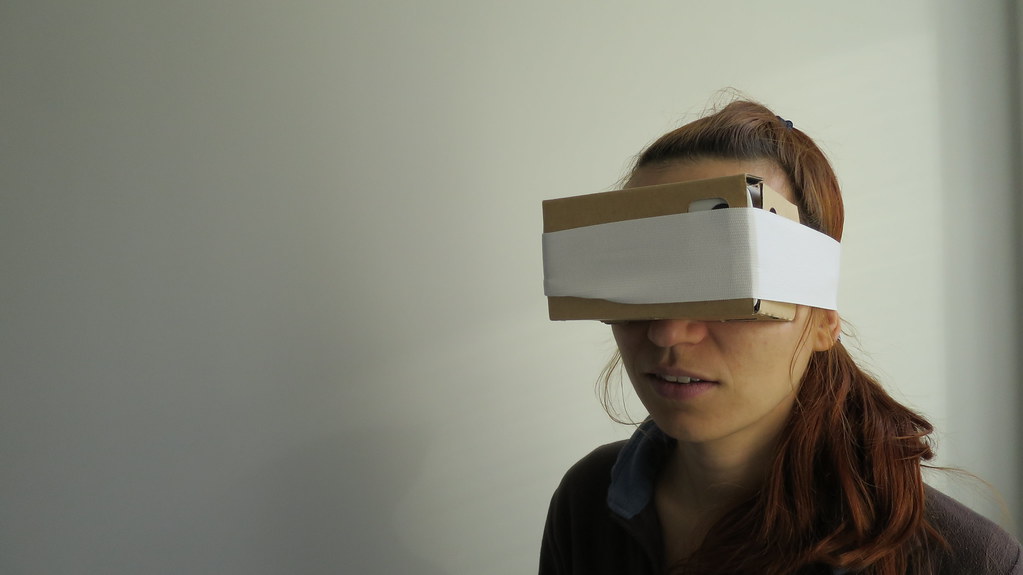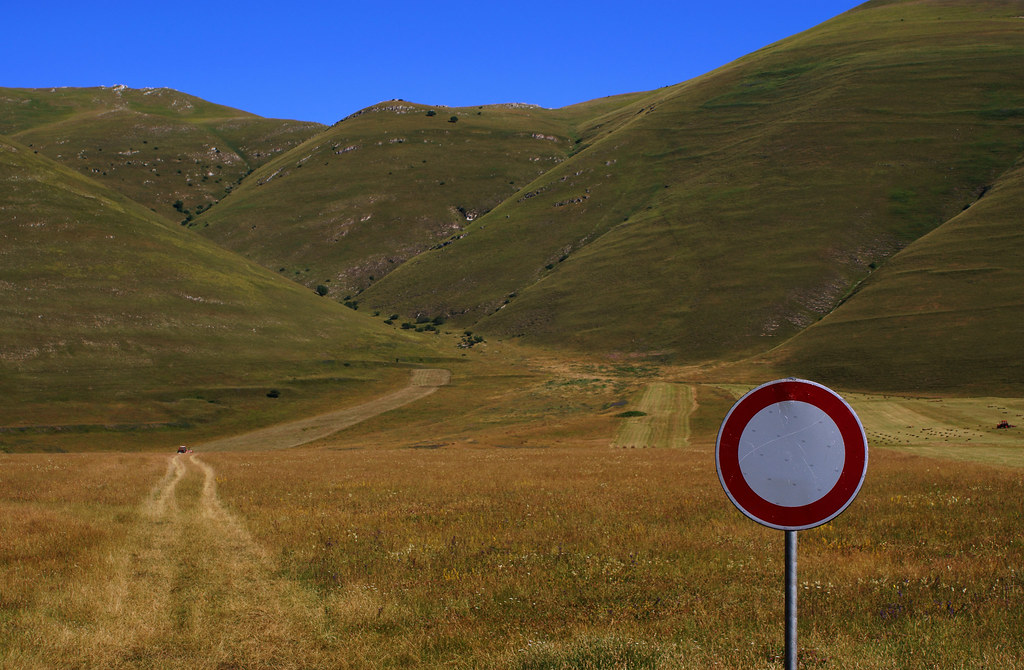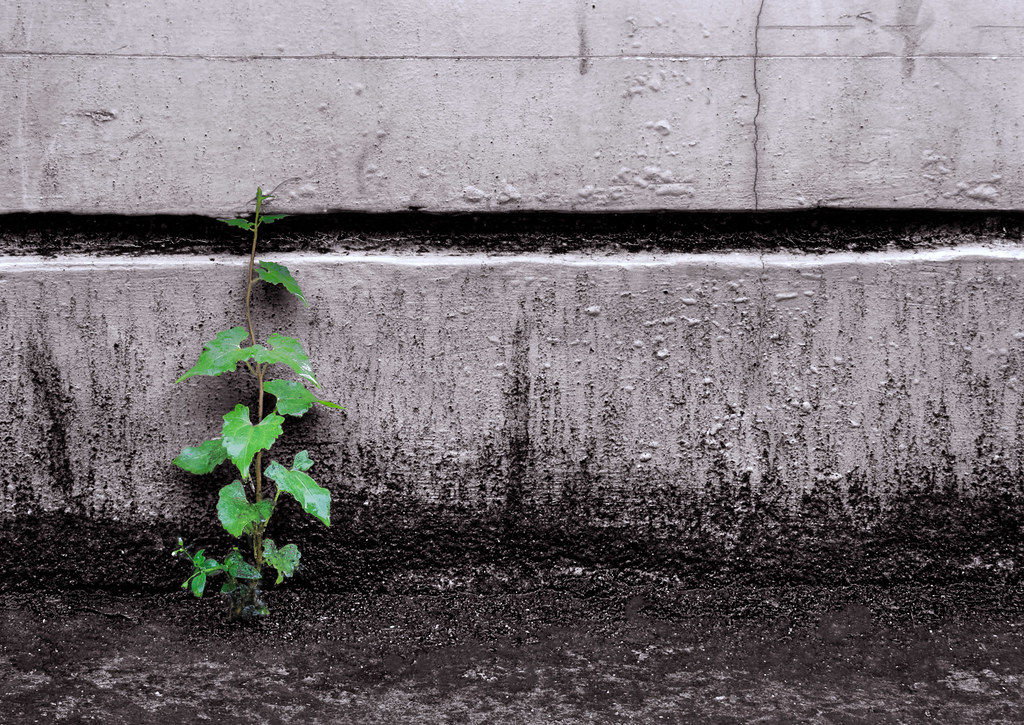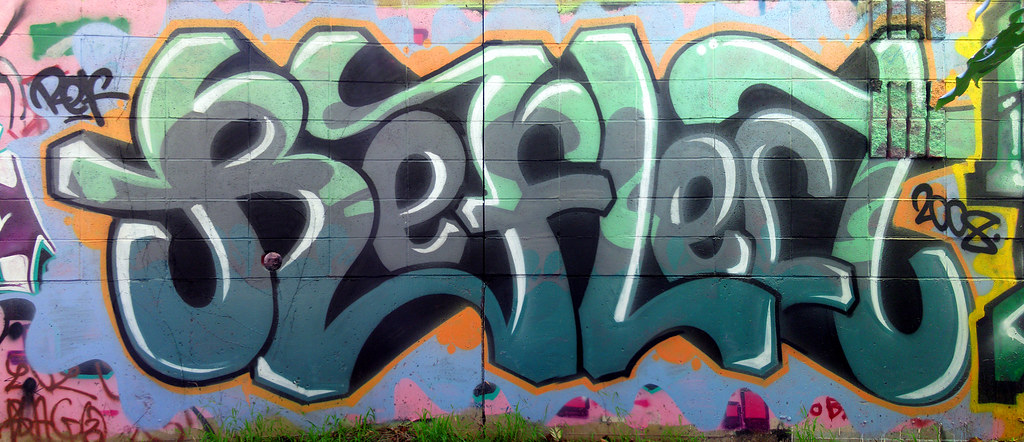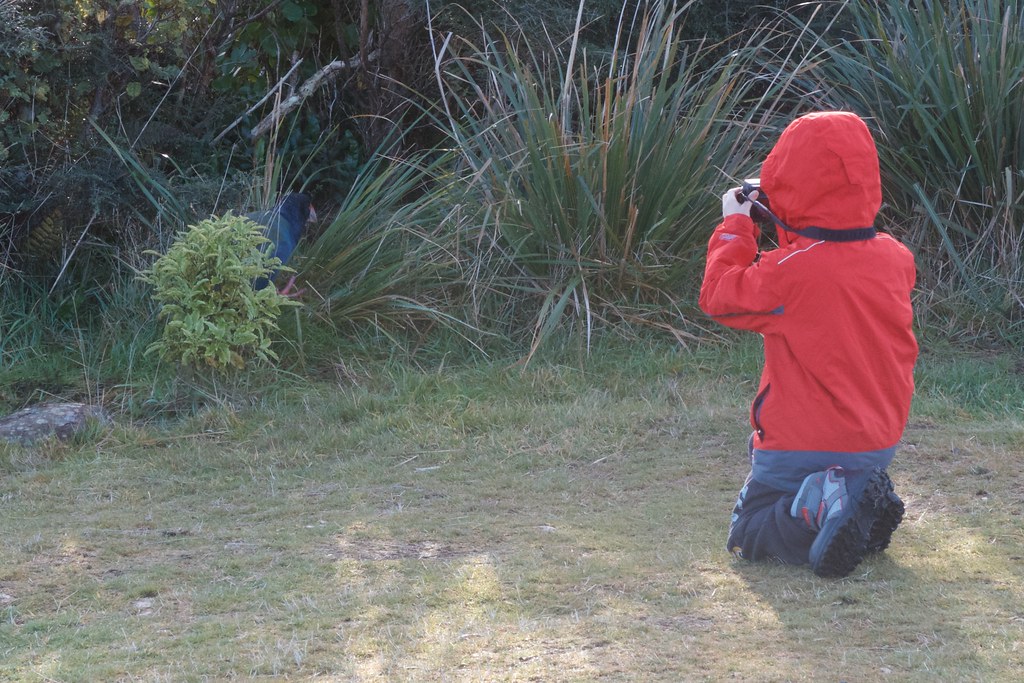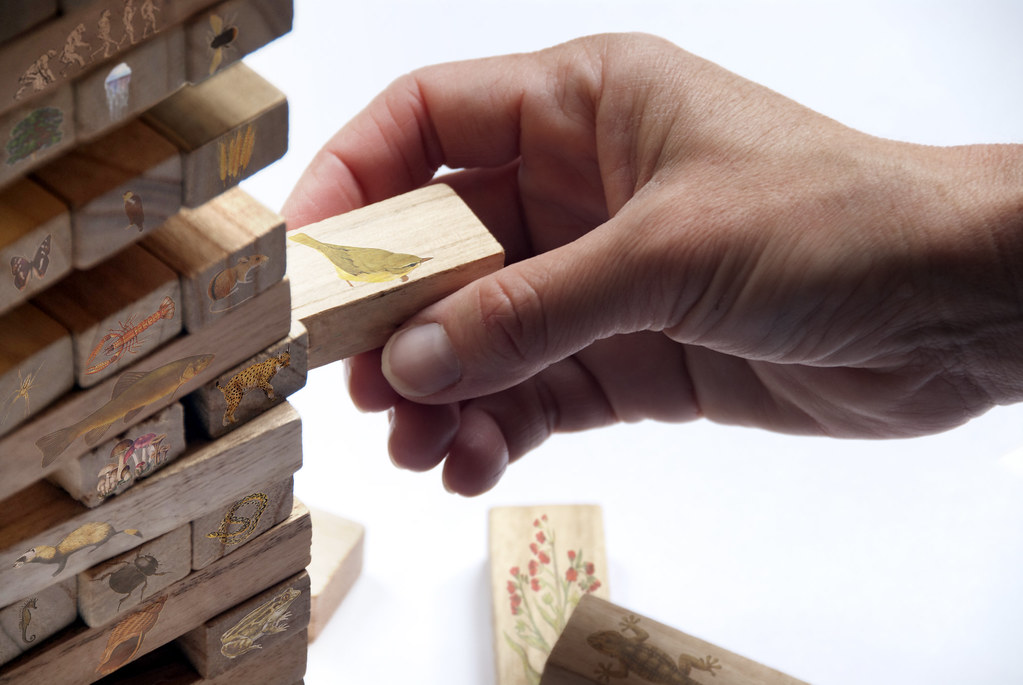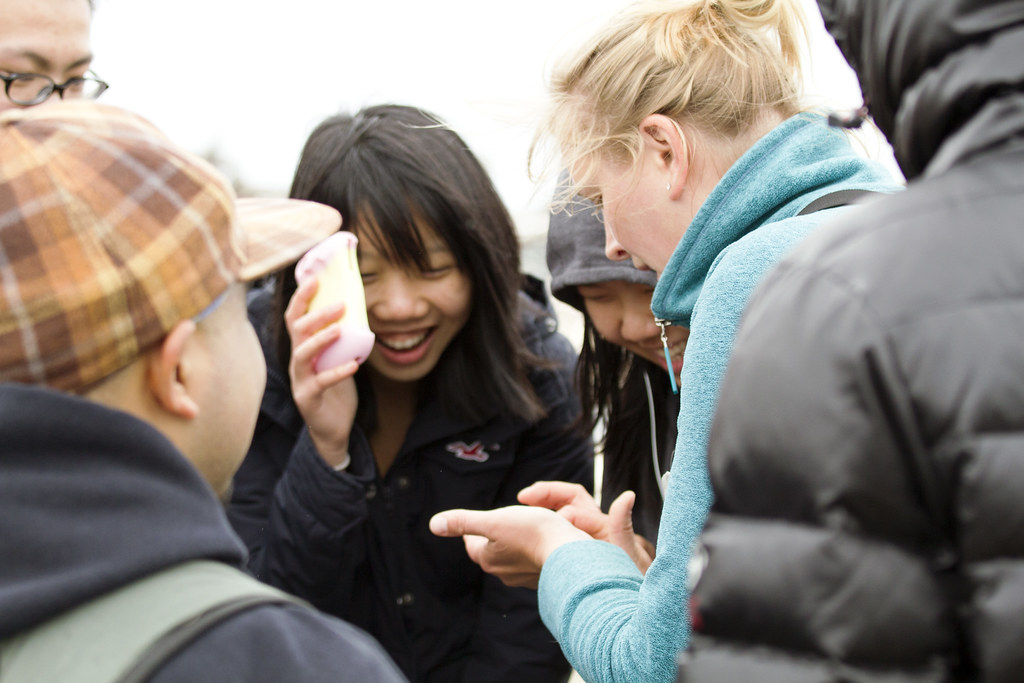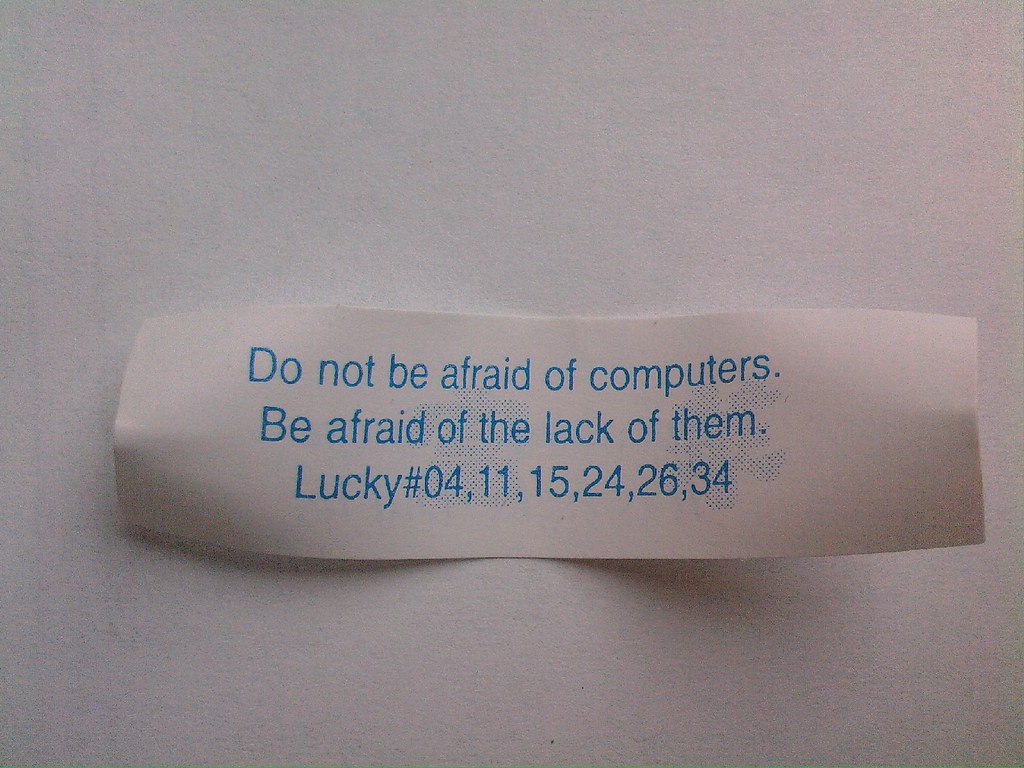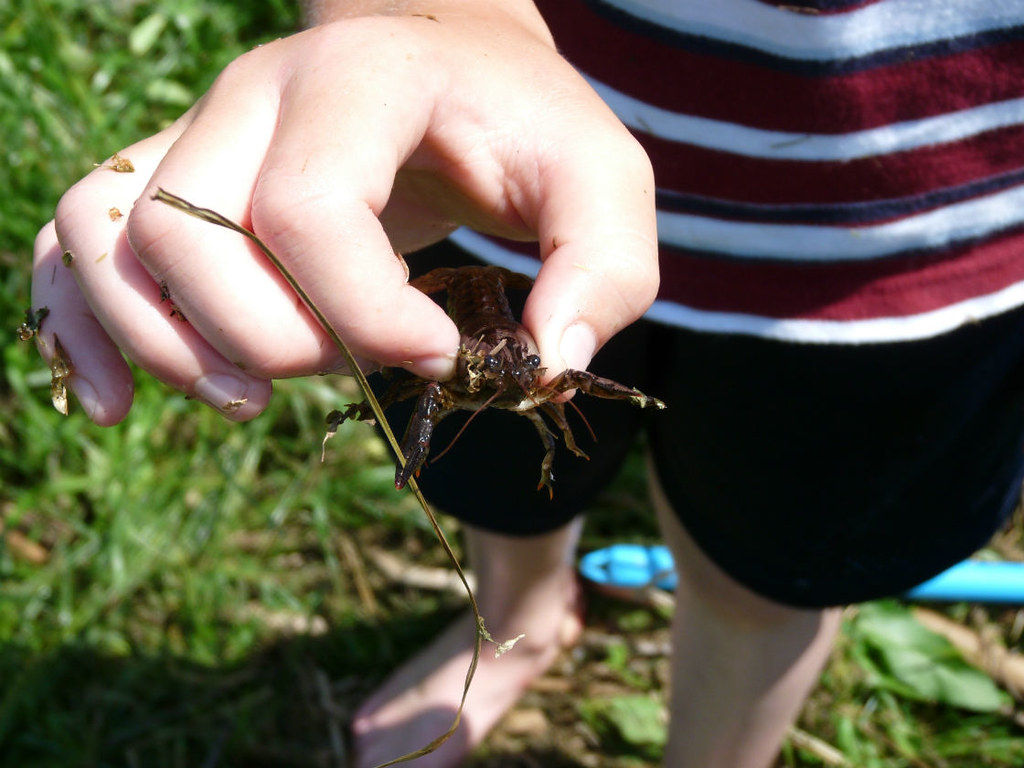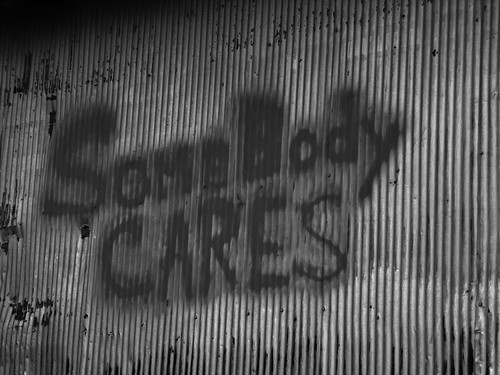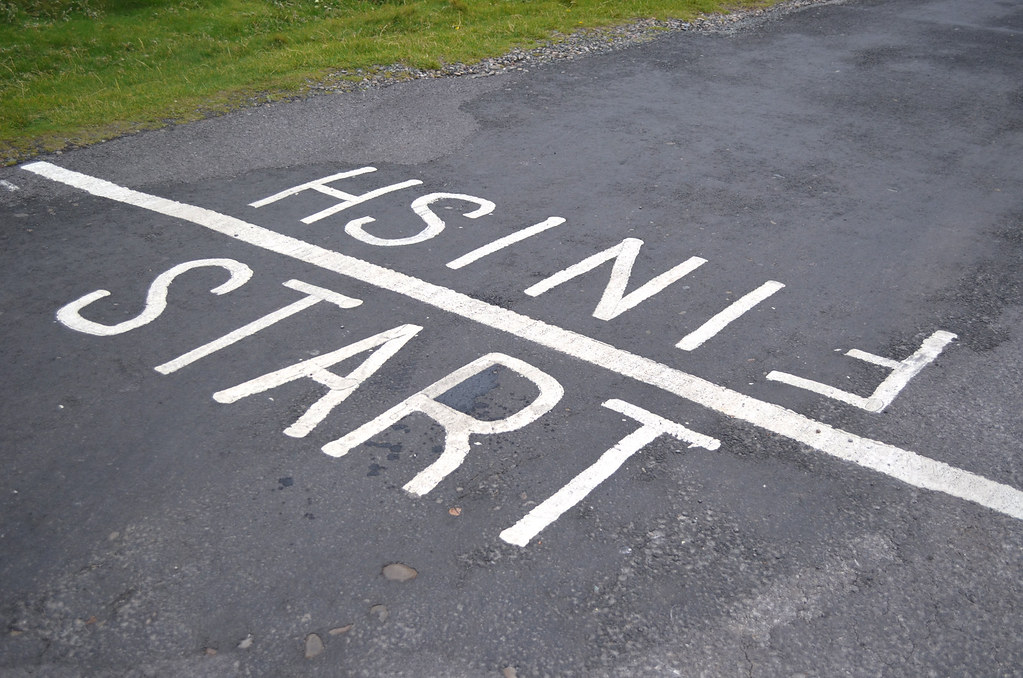Wow, this project took a lot of turns, but I feel it's much better now than when I envisioned it many months ago.
This was my original UbD.
We started off on high notes, all the grade 3 classes started by taking pictures and then blogging about their favourite spots at school, almost all of the students finished and almost all of the students shared with at least one person. So It was somewhat successful as a start.
Most students took a picture of their spot, and thought about it. Most were of staircases, some were of the lunch area, a couple were of the soccer field. They then described it with the potential audience of someone who is coming to the school. They used their blogs to write an entry.
Almost all of the students ended with the task, two students (who I was working with a little earlier) picked an outdoor spot and created a stop motion video (which will be in my video). They then recorded some of the feelings over the images.
One of the students had a spot with a tree, and that tree died. Just this week we planted a tree in that same spot. His talking about his spot to his community really made a change in how people viewed their space.
Next time, I would want to have more time with the students. I only had them once a week, which isn't a whole lot of time to dig deep into places and feelings. We needed to spend more time on creating a more meaningful platform I think, and developing connections with other places.
I want this to be a more meaningful exercise on developing sense of place, so next time I would work with that as well. I want students to develop emotional connections to people and places. By developing our stories, we can work on this connection. Next time I would try to use more video (stop motion) and blend in more images than just the one.
All in all I enjoyed the whole Coetail experience. It's been great building the standards into our shared units, and building more meaningful digital citizenship lessons into my co-teaching experiences. I'm going to continue to develop connections, I firmly believe in connectivism and will help my students find people they want to learn from as well.

